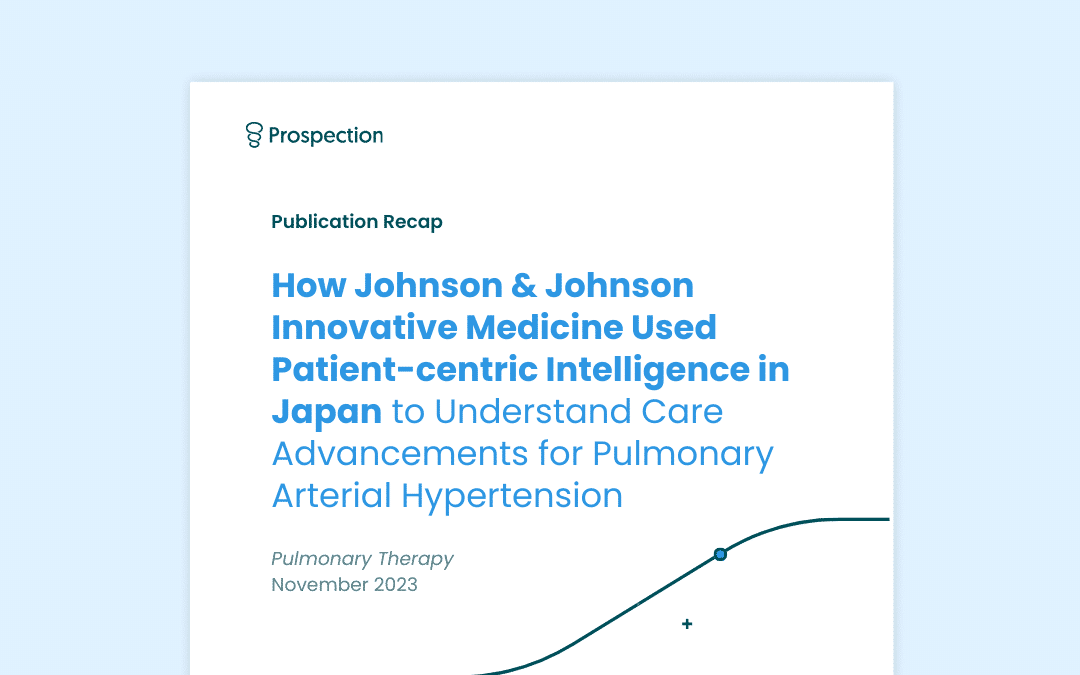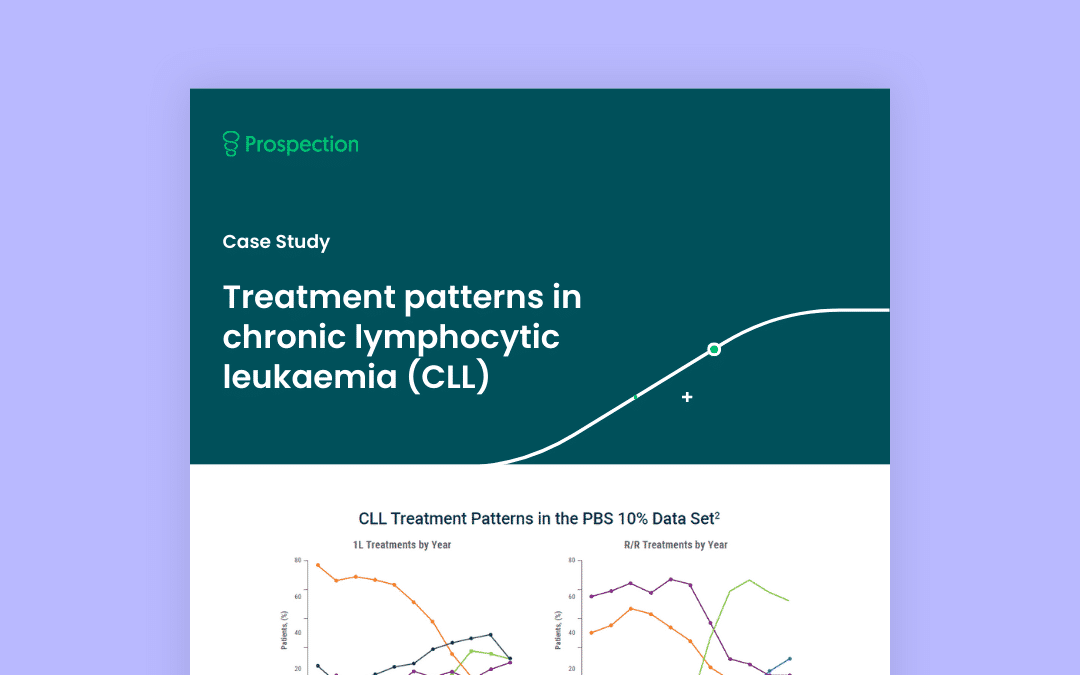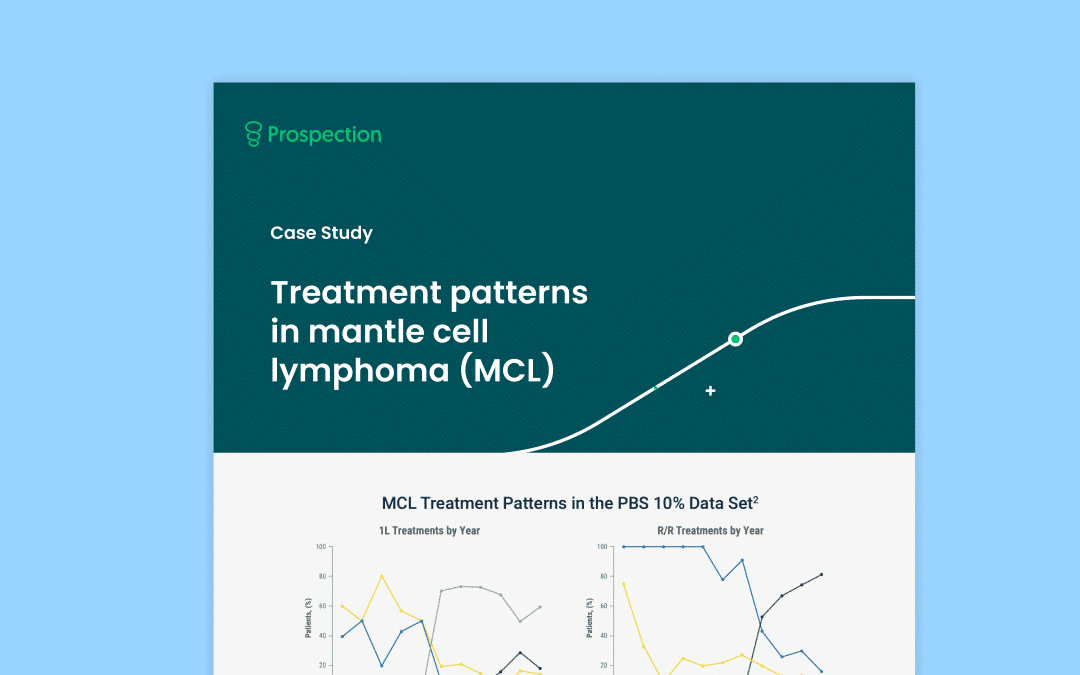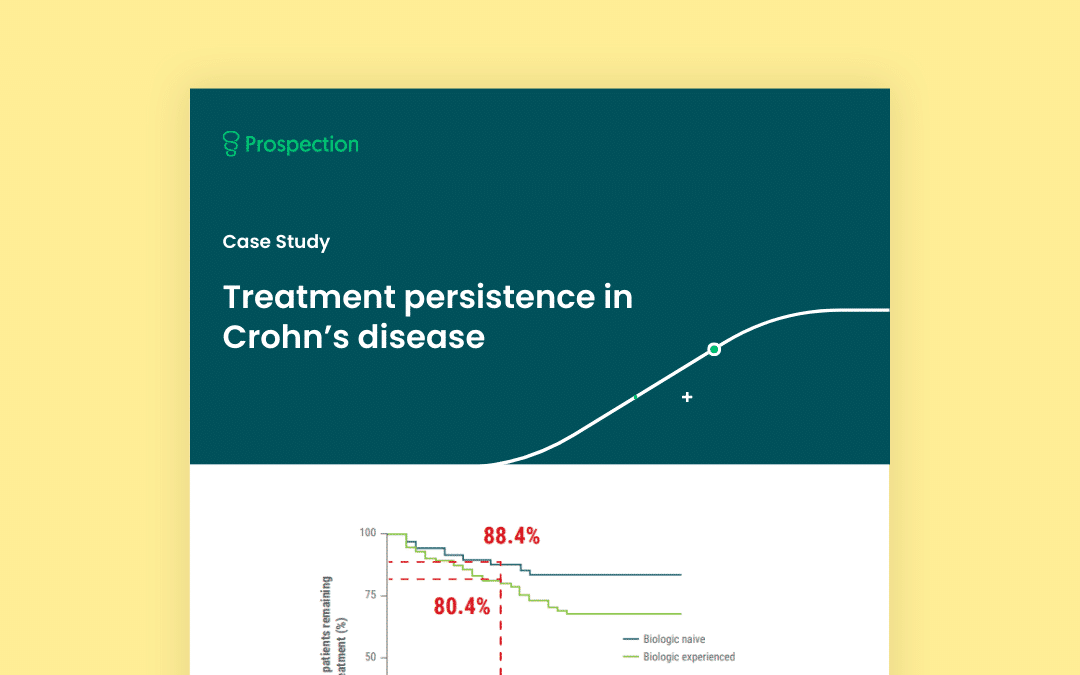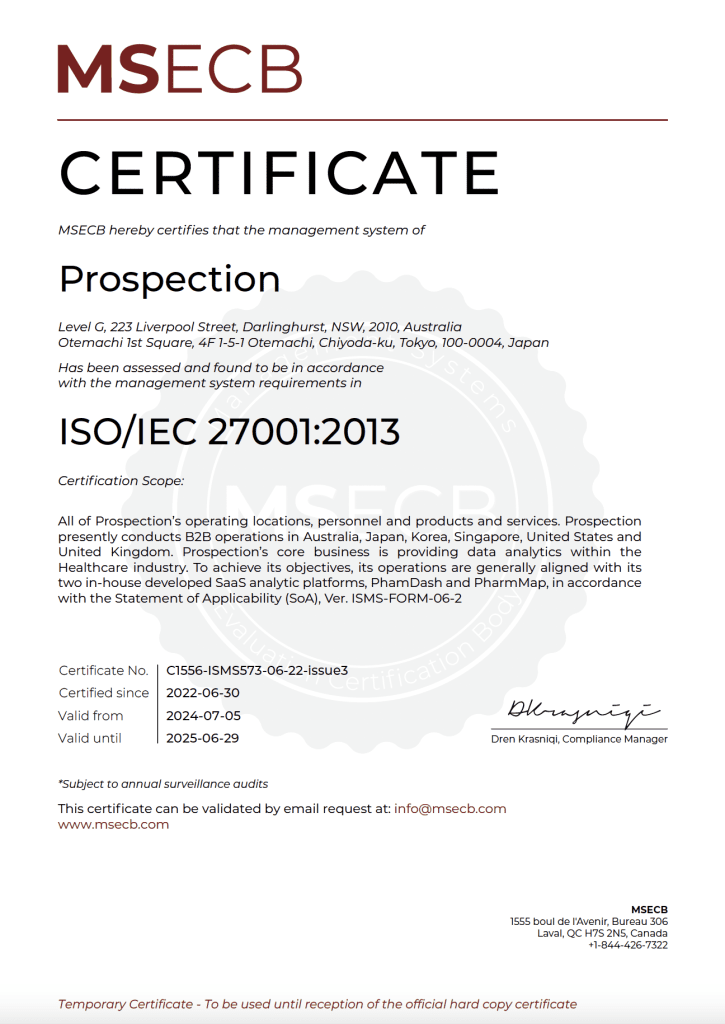Myelodysplastic syndromes (MDS) are a group of complex blood disorders that pose significant challenges for patients and healthcare professionals alike. In a recent study published in eJHaem, a team of academic and Otsuka researchers as well as Prospection’s own Arif Alam and Prospection alumni Vincent Caillet, PhD, shed light on the real-world use and outcomes of azacitidine, a key treatment for MDS, in Australia.
The study, “Real-world study of the use of azacitidine in myelodysplasia in Australia,” led by Dr. Anoop Enjeti (MD, PhD) from the University of Newcastle and Calvary Mater Hospital, utilized data from the Pharmaceutical Benefits Scheme (PBS) to analyze the treatment persistence and overall survival of patients prescribed azacitidine for the first time between January 2016 and April 2021. The findings highlight the pressing need for optimizing care and developing additional treatment options for MDS patients.
One of the most striking observations was that the majority of patients received fewer than the recommended number of azacitidine treatment cycles, which was found to be negatively correlated with patient outcomes. This underscores the importance of adherence to treatment guidelines and the need for better support systems to help patients complete their prescribed courses of therapy.
The study also revealed that the median overall survival for patients on azacitidine was 13.4 months, which is lower than what has been reported in clinical trials. This disparity between real-world outcomes and clinical trial results emphasizes the value of real-world evidence in understanding the true impact of treatments on patients’ lives.
The Importance of PCI in Real-world Evidence Generation
Prospection’s patient-centric intelligence (PCI) played a crucial role in this research, enabling a deeper understanding of the patient journey. By leveraging advanced analytics and machine learning algorithms, PCI transforms raw, real-world data (RWD) into actionable insights, uncovering patterns and trends that may otherwise remain hidden. This allows researchers and healthcare professionals to identify areas for improvement in patient care and develop more targeted interventions.
As the healthcare industry continues to evolve, the importance of PCI cannot be overstated. Studies like this one, which combine clinical expertise with cutting-edge data analytics, are essential for driving progress in the treatment of complex diseases like MDS. Prospection remains committed to collaborating with researchers and industry partners to harness the power of PCI and ultimately improve patient outcomes.
By shedding light on the real-world challenges faced by MDS patients in Australia, this study serves as a call to action for the medical community to redouble its efforts in optimizing care and developing innovative treatment strategies. With the continued application of patient-centric intelligence and the dedication of researchers and healthcare professionals, we can work towards a future where every patient receives the best possible care, tailored to their unique needs and circumstances.
—————————–
Prospection has been providing solutions and services to pharma analytics and commercial teams for more than 10 years. Its proprietary Patient-centric Intelligence Core transforms RWD into intelligence, and powers a range of solutions including the flagship brand management platform, Prospection AI.
Contact us to learn more about patient-centric intelligence—how it can deepen understanding of patient journeys and lead to insights that improve lives.

